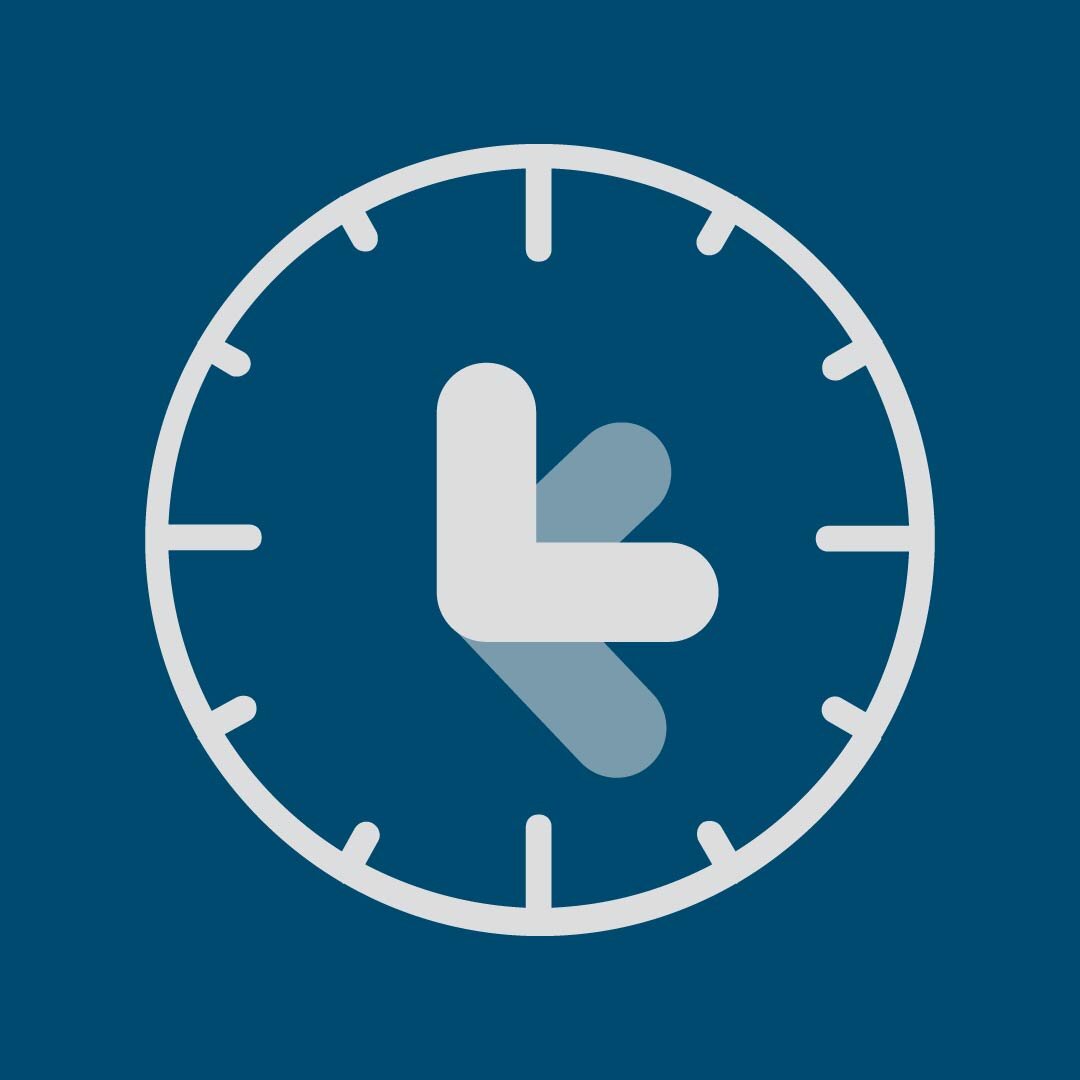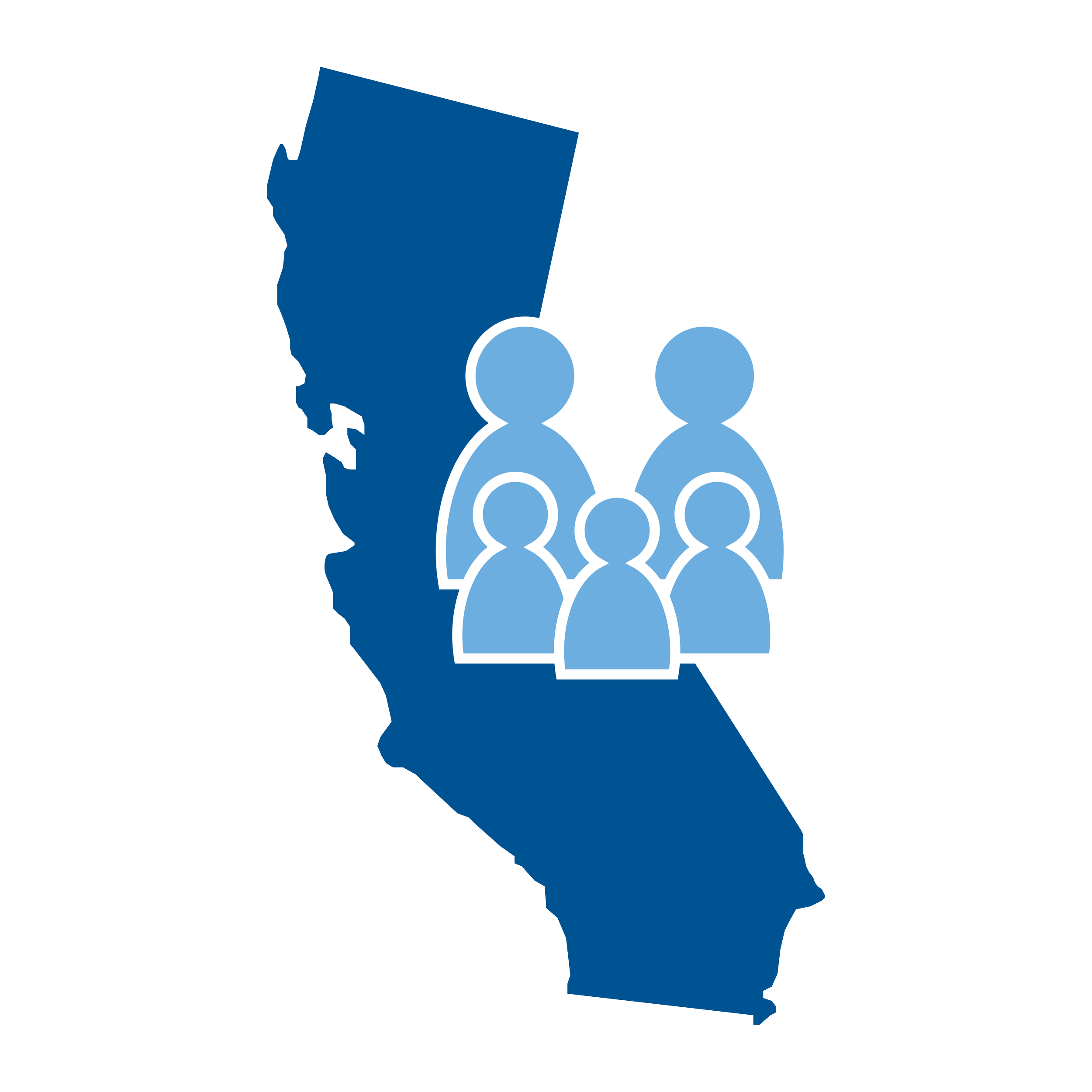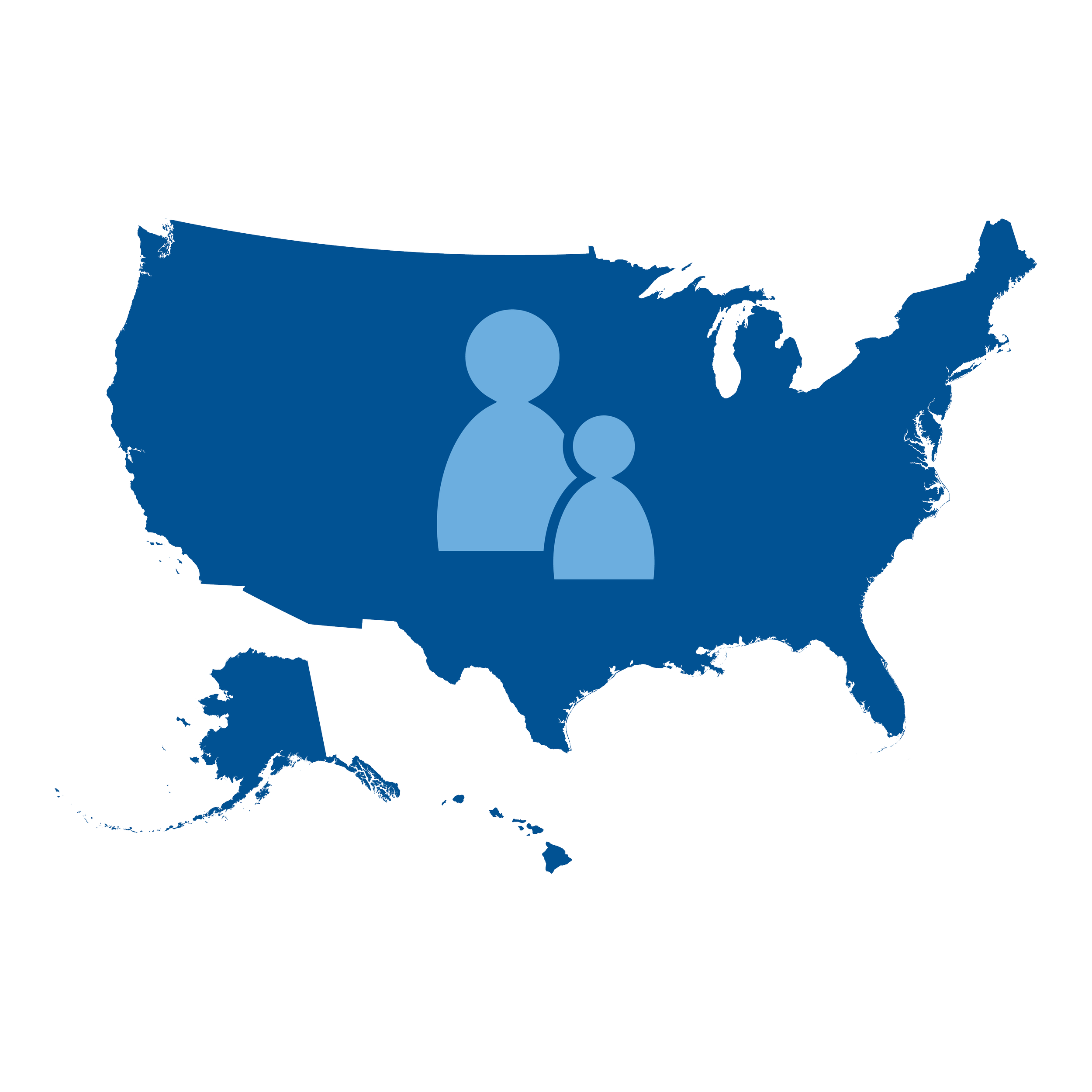
CHILD CARE AND PAID FAMILY LEAVE
Caregiving is a critical part of an equitable and inclusive economy. The United States is one of the only countries without a national paid family and medical leave program. Some states and localities have created or expanded access to paid sick and family leave programs in recent years, but many families remain uncovered and those who need time to recover from illness, welcome new children, and care for one another often face serious financial challenges and risks to their employment and economic security. Child care can pose additional financial and logistical challenges to families, particularly those on lower incomes. Expanding access to high-quality and affordable child care can keep families connected to work, reduce poverty, and improve education outcomes. Our research provides evidence that public investment in these key elements of the care infrastructure can reduce poverty, increase women’s lifetime earnings and retirement savings while reducing gender and racial inequity, improve children’s health and education outcomes, and much more. We explore the impact of policy and proposals for policy change in caregiving supports at the federal level and in New York City.
Federal Policy Research
New York City Poverty Tracker















